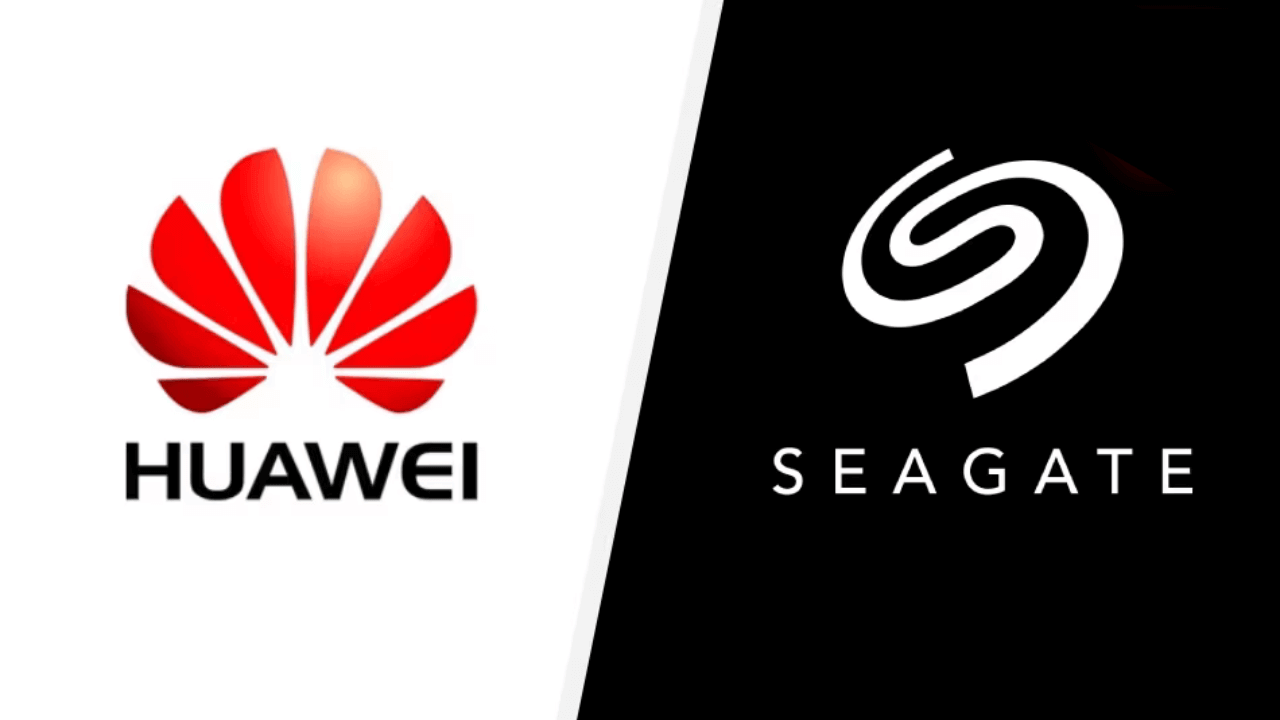The U.S. government has imposed a record $300 million fine on Seagate. The reason is the delivery of 7.4 million hard drives. The company did not have a license and did not comply with export regulations and now has to pay a hefty fine. Seagate was fined a massive $300 million by the U.S. Department of Commerce for violating Huawei’s imposed export control restrictions in 2020.
The report reveals that Seagate shipped millions of HDDs to Huawei in 2020-2021 and became the sole supplier of HDDs to the company, while its competitors Toshiba and Western Digital did not cooperate with the group.
Seagate ordered to pay millions in fines
Seagate supplied a total of 7.4 million HDDs to Huawei on 429 occasions between August 2020 and September 2021 without obtaining an export license from the U.S. Department of Commerce’s Bureau of Industry and Security. Those hard drives were worth about $1.104 billion at the time – a fat sum for Seagate, whose 2021 revenue was about $10.680 billion. To settle the matter, Seagate agreed to pay the $300 million penalty in quarterly installments of $15 million over five years beginning in October 2023. The Bureau said the $300,000,000 fine is almost double the amount of the net profits the exports would have made Seagate. In fact, the $300 million fine is a record for the Bureau of Industry and Security. It probably wants to make an example of Seagate.
Seagate Technology agrees to pay a $300 million penalty in a settlement with US authorities over its dealings with China's Huawei which violated US export control laws https://t.co/fNagykHpjr pic.twitter.com/D29GFYoPBy
— Reuters (@Reuters) April 20, 2023
“Today’s action is the consequence: the largest stand-alone administrative settlement in our agency’s history,” said Matthew S. Axelrod, Assistant Secretary for Export Enforcement. “This settlement is a clear indication that companies must strictly comply with BIS export regulations while our enforcement team works to ensure both our national security and a level playing field.”
Lack of an export license comes at a high price
Since mid-August 2020, any company that wants to sell semiconductor hardware, software, equipment, or other goods that use U.S. intellectual property to Huawei and its companies must obtain a special export license. The export controls on Huawei are mainly on semiconductors. However, Seagate’s hard drives also fall under the category of export-controlled goods because they use controllers and storage developed with electronic design automation tools that originate from U.S. companies and are produced with U.S.-manufactured equipment. Apparently, this export license was difficult to obtain. Several companies obtained corresponding licenses between 2020 and 2022 that allowed Huawei to purchase various products designed or manufactured in the United States.
Seagate ordered to pay $300 million penalty for selling hard drives to China's Huawei
Seagate Technology Holdings Plc, the world's biggest producer of computer hard drives, has agreed to pay a $300 million civil penalty in a settlement with U.S. authorities.
The company's move… pic.twitter.com/hsXn1J6Tcg— Spotlight on China (@spotlightoncn) April 21, 2023
Seagate had not obtained a corresponding license and stated in September 2020 that its hard drives could be supplied to Huawei without a license – an opinion that competitor Western Digital did not share. Since Huawei wasn’t supposed to get any hard drives at all, Republican Senator Roger Wicker wondered in mid-2021 how exactly the sanctioned company got its hands on such storage media and whether three global hard drive manufacturers were complying with export regulations. As it turned out, Toshiba and Western Digital no longer sold hard drives to Huawei, but Seagate still did. The company became Huawei’s exclusive hard drive supplier, even signing a three-year strategic cooperation agreement and then a long-term agreement to buy more than five million hard drives with the Chinese group in 2021. “Even after Huawei was put on the list of companies that threaten our national security and its competitors stopped selling to Huawei because of our foreign direct product regulations, Seagate continued to supply hard drives to Huawei,” Axelrod said.

